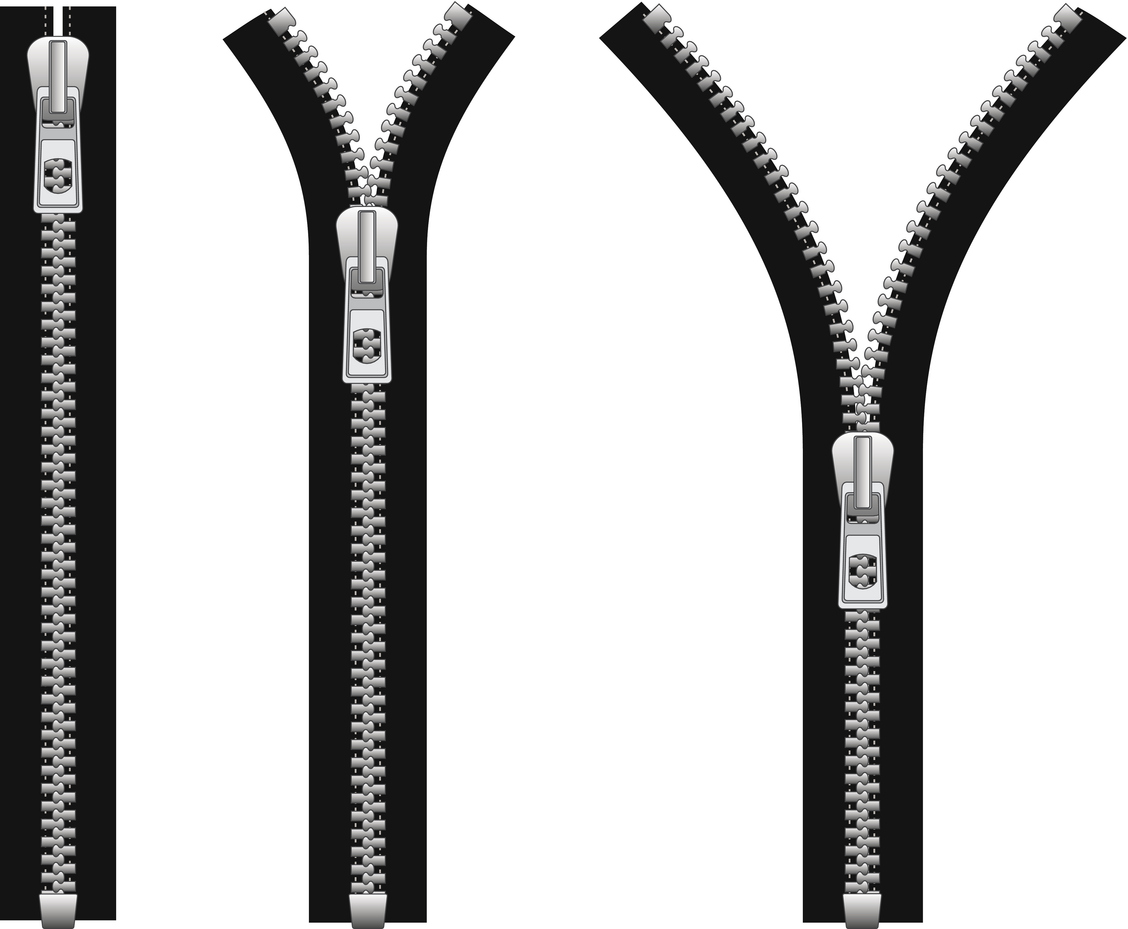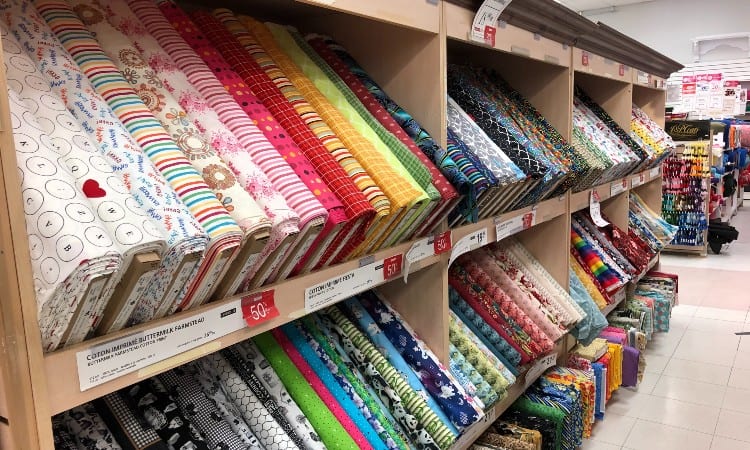What You Need to Know Before Starting A Franchise in Kenya
What You Need to Know Before Starting A Franchise in Kenya
Starting a franchise business in Kenya can be an excellent way to get experience in running a business, build up a CV and make some money at the same time. However, before you dive into it head first, there are several things you need to understand about franchising in Kenya.A franchise contract is legally binding and requires that you have sufficient capital reserves and access to additional funding if necessary. You will also need to make sure that your brand is not already being used by another company. It’s also important that you research potential partners thoroughly before signing on the dotted line. For more details read on!
What Is A Franchise?
A franchise is an agreement between a franchiser and a franchisee that allows the franchisee to use the franchiser’s business operations and trademarks in return for a fee. The legal and financial relationship between the two parties is clearly defined in a franchise agreement. Many people associate franchising with fast food chains and retail stores, but it is actually a very broad concept. Almost every industry uses franchising to grow, from healthcare and hospitality to financial services and travel and tourism.
How to Start a Franchise in Kenya
There are two main ways to start a franchise in Kenya, either by buying an existing franchise or by starting a new franchise from scratch. A good way to start a franchise is by buying an existing franchise. This is a good way to get some experience. You can use the existing track record of the franchise to show investors that the business works. In general, buying an existing franchise is cheaper than starting a new franchise. The next step is to start looking for a franchise that fits your skills and interests. It’s important to do research to make sure the market is growing and there is demand for the products or services that the franchise provides. If you’re interested in starting a new franchise, you will need to decide on what business to start. You’ll want to make sure that the industry has steady and consistent demand, and that the market for your product isn’t too competitive.
Know Your Audience Before Choosing A Franchise
Before you start looking for a franchise, you need to know who your potential customers are. This will help you figure out which industries will likely be interested in your products and how you can best reach these potential customers. The first step is to understand your customers’ needs and desires. What are the problems or needs that your product or service solves? What are your customers’ preferences and spending habits? You can get this information by doing market research and customer surveys. You should also pay attention to the industries that your customers are a part of and the brands they use. This will help you figure out the best way to reach your customers.
The Costs Involved in Starting a Franchise
The costs involved in starting a franchise in Kenya can vary, depending on the franchise that you choose. You will also need to set aside a certain amount of money for initial franchise fees and a working capital fund. When you buy a franchise, you will usually have to pay an upfront franchise fee. This fee varies from one franchise to another and is usually a percentage of the future revenue the franchise will generate. You may also need to put down a security deposit or escrow funds to show that you are serious about starting the franchise. This will vary depending on the franchise, but it’s usually between 5000 and 200,000 Kenya shillings.
Research: Know your potential partners and brands
As with any business partnership, you want to make sure that you’re getting into a good partnership. Make sure that the brand you are interested in is not already being used by another franchisee. This is, of course, easier said than done. You should definitely do online research and reach out to the franchiser to ask if they have any franchises open in Kenya. You should also make sure that the franchiser is legitimate. Legitimate franchisers should be registered with the FTC and have experience in franchising.
Conclusion
Starting a franchise can be a great way to get into entrepreneurship while maintaining some level of job security in case the business doesn’t work out. You will, of course, need to thoroughly research the franchises that you’re interested in and make sure that they are a good fit for your skills and interests.








LEAVE A COMMENT
You must be logged in to post a comment.